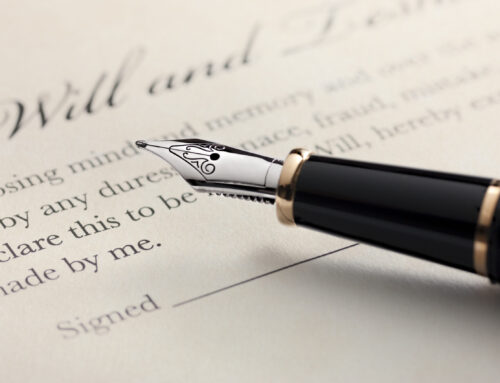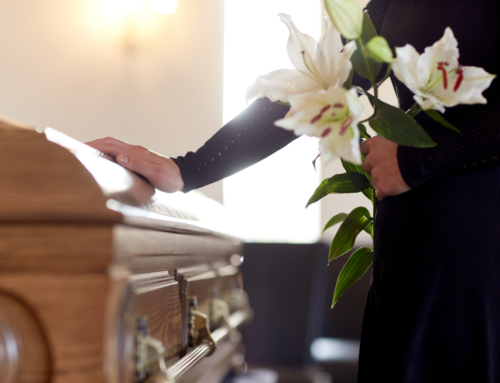If you hold the responsibility of being an executor of a will, it is important to know what your duties involve. You may also be worried about your future prospects and who to choose for your executor as well and it can be challenging to pick reliable people who will manage your will, follow your wishes and remain organised. It is crucial for both you and your executors to understand what is asked of them and what responsibilities and duties they hold.
What Is An Executor?
An executor is a person with the legal authority to help manage the affairs of the deceased.
They will help manage alongside a solicitor, your affairs after you die. Most importantly they will take care in following your wishes and making sure that they are granted including property and assets, and also make sure that all aspects of your will are dealt with. This may include debts that need paying off.
Who Can Be An Executor?
Anyone who is aged 18 and over can hold the responsibility of being an executor and they must have the mental capacity to understand what a will is and how to distribute assets and property.
You can have up to four executors, but it is recommended that you should have two. This is because having four can cause issues if they cannot work together coherently and may not be practical to guarantee that they can execute your wishes stated on your will.
An important factor to consider when choosing an executor is to pick someone who will outlive you, which is why you may want to choose two executors. Often people tend to choose their partners or children, as there is more chance of them living longer and can also be written into the will.
What Types Of Executors Are There?
Alongside your normal executor, you can also have a substitute executor who will be appointed if your other executors pass away before you or are unable to fulfil the role.
You can also have a professional executor who will be a solicitor or accountant who will be experts in how to execute your wishes correctly.
In this instance, it is best to have a trusted friend or relative as one executor and have a solicitor as your further executor to complete your two.
What Are The Duties Of An Executor?
Your executors have the most important role in carrying out your wishes after you have deceased. It may take your executor several months to organise your wishes if they are acting solely by themselves without a professional. Some of their responsibilities include:
- Paying off any outstanding debts or bills
- Gathering together assets, calculating costs and distributing them to each member
- Calculating the correct tax and paying it
- Verifying their death, with organisations such as HM Revenue and Customs
How To Choose The Best…
Ultimately, you need to choose someone or more than one person who you feel are trustworthy and reliable to organise financial items from your will. Your professional executor will be helpful to have as they can fill in all the paperwork and manage all the legal issues. Here at Beeston Shenton, we can support you with all aspects of the law and can help you to execute your deceased ones’ will. Get in touch today…




